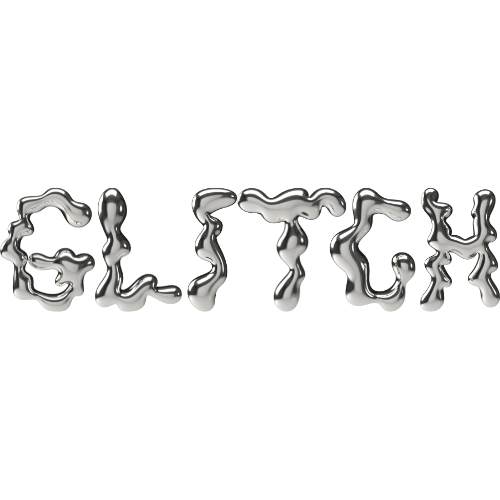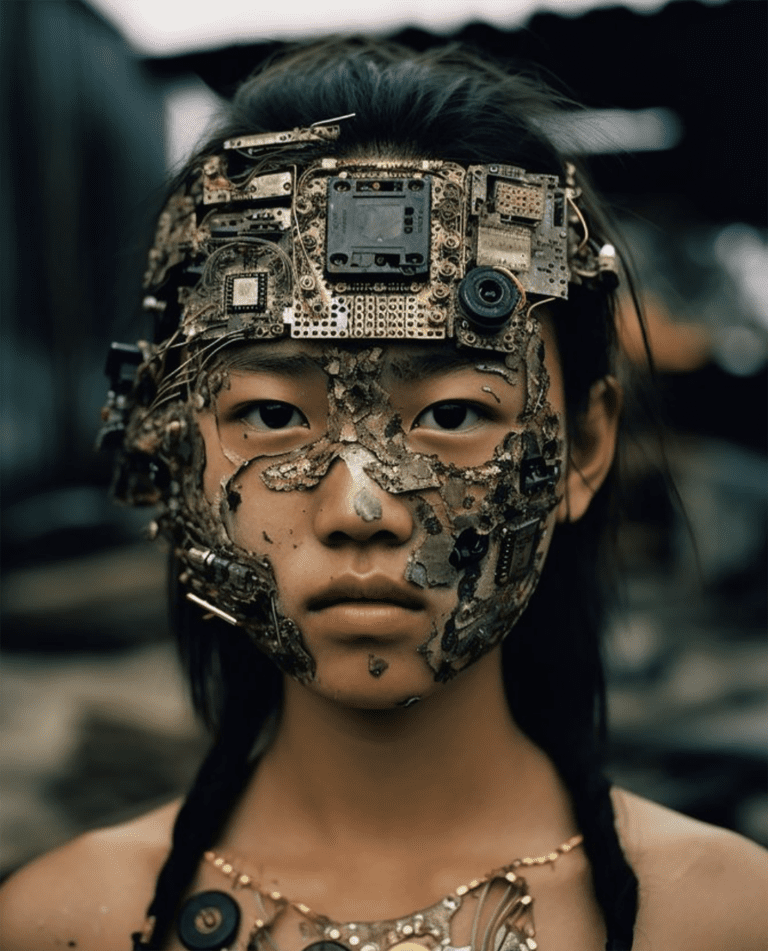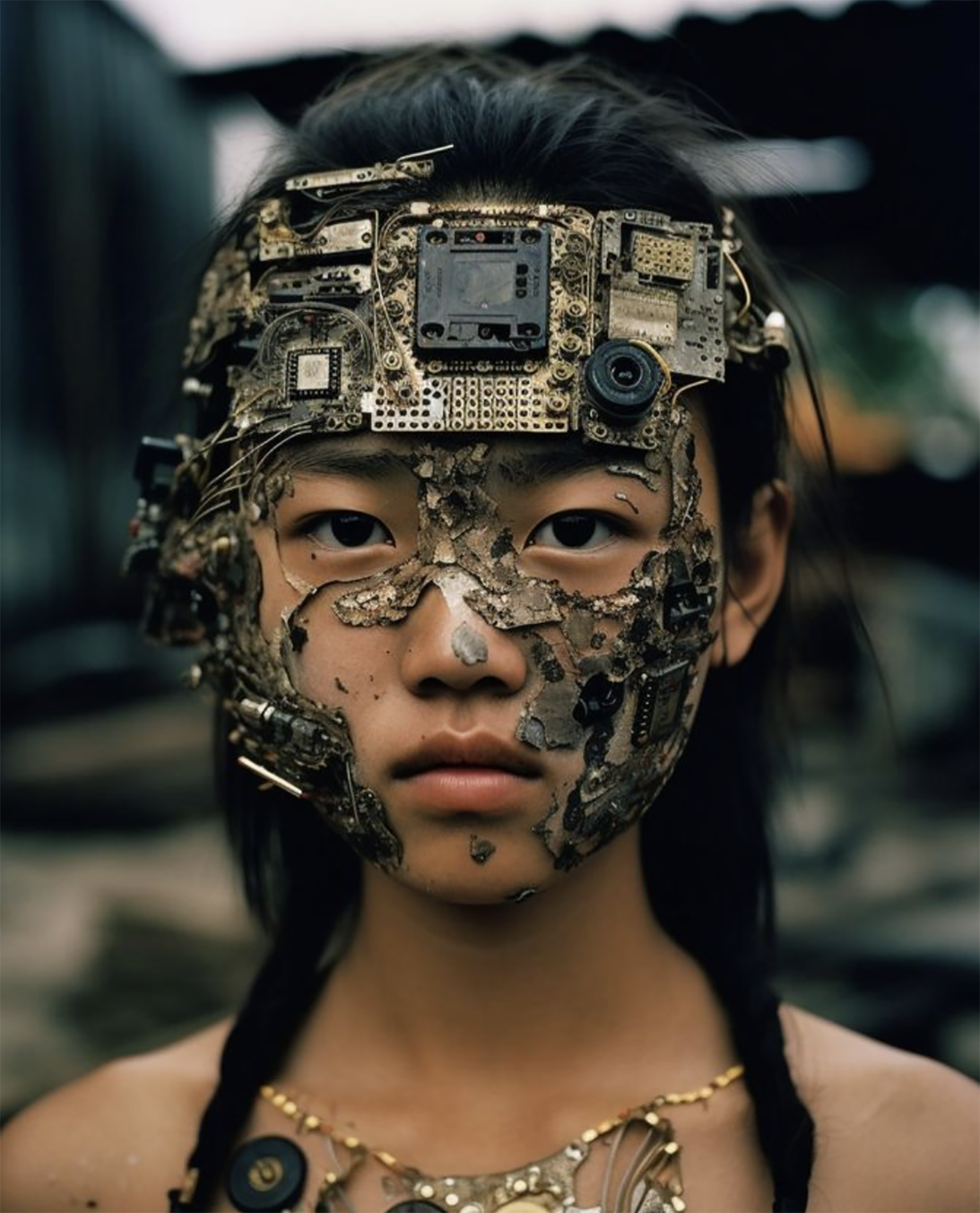In an age when our essence is held in the depths of a smartphone, every action seems to deserve a space on an SD card. This absurd, yet real situation, raises questions about what would happen if these devices were to suddenly disappear. Can a lifetime truly be encapsulated within a digital format? Our memory appears sharper than ever, perhaps it is due to external devices filled with images of our past that make our history always at hand, making it a necessity rather than a choice.
Our memories are bound to a technological innovation of the early 2000s, the smartphone, which radically revolutionized the world. It conferred us a kind of «immortality», therefore every action taken can potentially be traced back through these portable boxes. This digital footprint imprints us in the infinite databases, among the thousands of cookies accepted with a rushed click. Preserving such an immense quantity of information presents a paradox. What purpose does this digital archive serve once our hearts cease to beat? The attachment we develop to digital memories perhaps reflects the desire to mitigate the constant nostalgia we feel, creating a sort of facade of permanence in such a fast and overwhelming world we live in.
We find ourselves trapped in these databases, collecting our lives and meticulously cataloging them. However, there exists the potential to reclaim our existence by taking the bold step of pressing the RESET button, effectively erasing all traces of who we have been.
This metaphorical act can be linked to a modern Egyptian necropolis, where all possessions are prepared for a journey into the afterlife, signifying the beginning of a new life after death. What if this controversial second life is more than a fragile fantasy? Hypotheses about a virtual afterlife are infinite, creating new scenarios about what it means to exist in a digitalized reality.
With advancements in technology, this possibility no longer feels entirely out of reach. New scenarios about what it might mean to exist in a virtual reality after death are becoming more varied and intricate, each imagining new ways in which consciousness could persist, evolve, and interact in a fully digitilized world.
While the ancient Egyptians envisioned a continuity with a previous life, our society considers the merging of human experience with technology, by transforming ourselves into cyborgs-entities with superhuman abilities and transcend human limits. This fusion of human and technology would blur the boundaries between the biological and the technological, leading the concept of identity to redefine itself as our existence expands beyond the boundaries of the physical body.
In this scenario, becoming a cyborg could mean embracing a “digital immortality”, yet it also poses critical questions about the essence of our humanity. The idea of extending our lives indefinitely through digital or mechanical augmentation promises the allure of eternal existence, where death no longer holds its traditional finality. Yet, this transformation leads to critical and unsettling questions about the very essence of our humanity. What happens to our identity, our emotions, and our connections to others if we begin to rely more on machines than on our own biological selves? This is one of the profound dilemmas that arise when we contemplate the possibility of becoming more machine than human.
In this context, choosing to press the RESET button could become a symbolic act, representing a transition to a new era where our existence is defined by the convergence of man and machine. By embracing this reset, we may be rejecting the limits of our physical bodies and opening the door to an entirely new way of being. It could also mark the beginning of a radical transformation, in which the future of our existence is determined by the seamless integration of our minds with artificial intelligence, robotics, and digital environments.
Pretend, just for a moment, that this scenario becomes reality: mind and body merged with technology, allowing virtuality to become the dimension in which our experiences persist. Such a shift would open up both fascinating and disturbing scenarios, driven by the choices we make today. We are shaping the course of our history. The RESET button becomes a metaphor, symbolizing not only the cancellation of the past, but also the potential for redefining one’s future.
Written by Giada Speri a GLITCH Magazine Contributor





